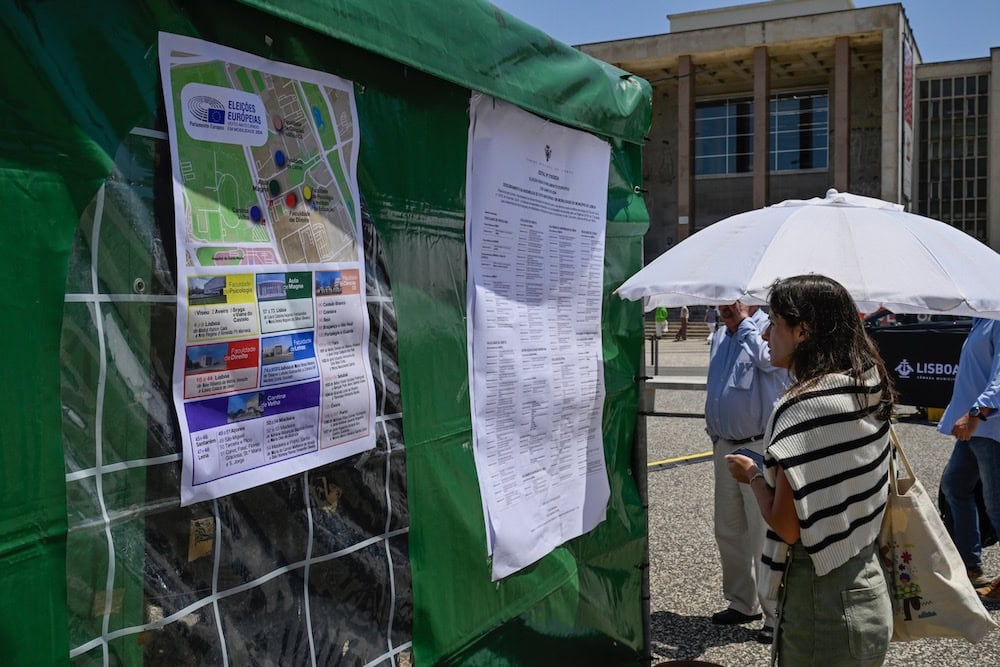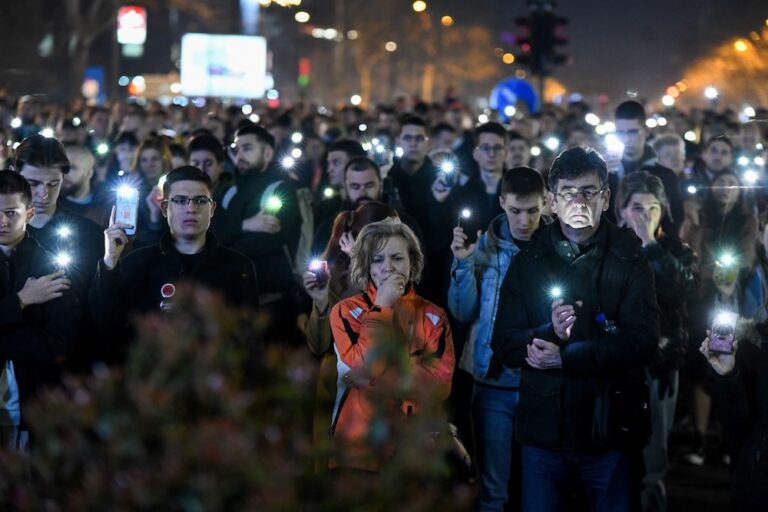"It is crucial for future European Parliamentarians to prioritise a pluralistic media landscape, ensure the safety of journalists, and reverse the downward trend of press freedom in the EU" - Free Press Unlimited
This statement was originally published on freepressunlimited.org on 4 June 2024.
Between June 6th and June 9th, citizens in the European Union will have the opportunity to elect new representatives to the European Parliament. These elections will determine the composition of the Parliament for the next five years, which plays a vital role in safeguarding democracy, human rights, and freedom of the press in Europe. While voters cast their ballots for national political parties, most Members of the European Parliament (MEPs) join transnational political groups, shaping the legislative landscape of the EU.
What’s at stake?
Press freedom is under increasing pressure worldwide, and Europe is no exception. Traditionally a beacon of press freedom, the European Union has witnessed a rapid decline in independent journalism and access to reliable information in many member and candidate states. This trend is alarming, as press freedom and access to independent information are essential for a stable, democratic society.
The Media Freedom Rapid Response (MFRR), of which Free Press Unlimited is part, reported 1117 violations against media freedom in EU member states and candidate countries in 2023, an increase of over 35% from the previous year. This signals a serious deterioration of press freedom in Europe. The number of physical, digital, and legal attacks on journalists and media outlets is on the rise in Europe, while meaningful implementation of protection measures and accountability of perpetrators are falling short of what is needed. Politicians, government officials, and civil servants are responsible for a large portion of these violations.
Legal attacks
A particularly concerning development is the rise of legal intimidation, known as SLAPPs (Strategic Lawsuits against Public Participation), aimed at silencing journalists who report on issues of public interest.
In Italy and Greece, we have seen that journalists are systematically targeted with legal harassment for exposing corruption or conflicts of interest within the government. Another worrying trend is the increasing political control, or even total abolishment, over public broadcasters, as in Slovakia. In candidate member states like Georgia, new laws, such as the “Transparency of Foreign Influence” bill, are used to discredit and silence independent media and non governmental organisations, further endangering press freedom and freedom of expression.
The role of the upcoming Parliament
The stakes are incredibly high in the upcoming European elections. Press freedom is in decline, and no true democracy can function without a free press. If the space for debate and dissent offered by the media disappears, powers cannot be held to account. Therefore, it is crucial for future European Parliamentarians to prioritise a pluralistic media landscape, ensure the safety of journalists, and reverse the downward trend of press freedom in the EU. The past few years, the Parliament has taken important steps forward towards media freedom with the adoption of key legal instruments such as the anti-SLAPP Directive and the European Media Freedom Act.
We call on the upcoming Parliament to take this forward and:
Prioritise press freedom and access to independent information
The Parliament should promote the appointment of a Vice President with a clear mandate on press freedom and invest heavily in independent journalism to counter the threat of disinformation.
Closely monitor press freedom developments and the implementation of legal protection instruments in Member States
The Parliament should ensure press freedom is a key focus in future Rule of Law reports, and assess how each Member State ensures the implementation of key legal instruments in the area of media freedom, such as the European Media Freedom Act (EMFA), the Recommendation on the protection, safety and empowerment of journalists, the Digital Services Act (DSA) and the anti-SLAPP Directive and Recommendation.
Promote the safety of journalists
The Parliament should enable a safe environment for journalists to protect them from violence, and stop impunity. Not just in European Member States, but globally. To protect journalists from legal attacks, the Parliament should ensure adherence to key legal instruments, such as the European Media Freedom Act and the anti-SLAPP directive.
By addressing these focus points, the European Parliament can play a pivotal role in safeguarding press freedom and ensuring that democracy continues to thrive in the European Union.
Vote in support of press freedom
If you want to vote in support of the protection of press freedom and access to reliable information, make sure you check the party programmes on their stance on press freedom related issues, and how they have voted on these issues in the past.



